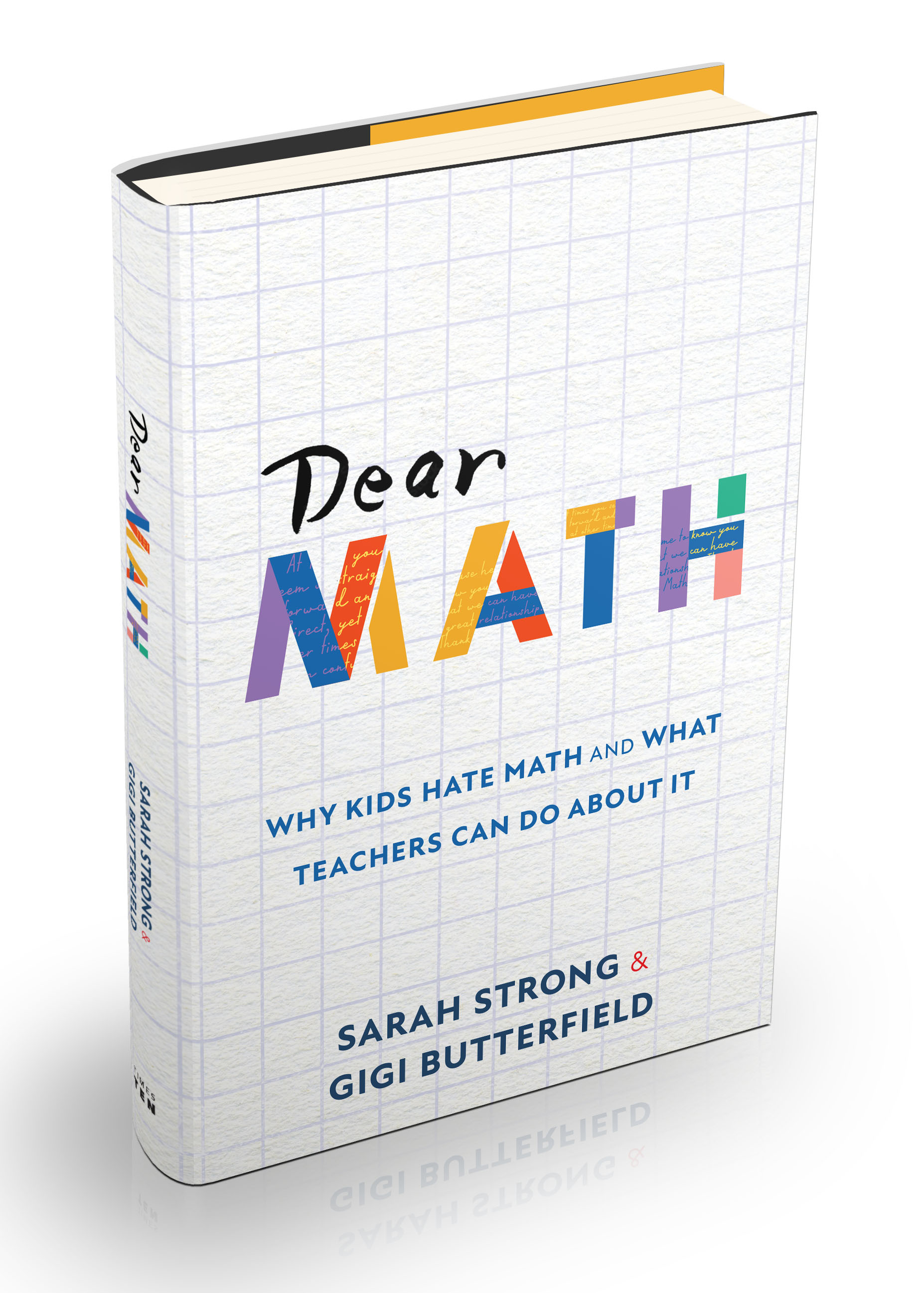Healing My Relationship with Math
Jul 17, 2025
Commentary
By Gigi Butterfield
In my sophomore year of high school, I began the process of healing my relationship with math.
After a childhood of fraudulent fondness, stemming from external accolades, my positive feelings towards math came crashing down in 8th grade when I experienced true mathematical failure for the first time.
After this fracture (and subsequent years of truly loathing math), it took Sarah’s in-class prompt of writing a physical letter to math to commence mending. Throughout the remaining years of high school, the ongoing process of math catharsis felt fairly straightforward, as I continued to have Sarah as my teacher—and math therapist.
However, this reality was slightly altered, as all realities were, at the rise of Covid and augmentation to online school.
Alone in my room, staring at twenty-something black boxes on Zoom (and busy thinking about the world’s impending doom and when the next episode of Tiger King would come out), it wasn’t easy to give math all of my attention.
Negative feelings towards math rooted in mathematical trauma are extremely prevalent.
Like bone weakened from a previous break, I could feel my relationship with math begin to fracture again, my mathematical curiosity splintering like cartilage.
Naturally, this was a frightening experience, but I knew I could attain healing through my years working with Sarah. I firstly honored my feelings of boredom and dispassion, as some extenuating circumstances contributed to their revival.
After doing so and identifying their origins—mostly rooted in the stark difference between in-school math and at-home math—I could pinpoint how to alter my perspective on consequently, and thus, my feelings towards math.
It was integral to shift my mindset from “I have bigger things to worry about than this” to “How does this connect to and answer some of my questions about what’s going on?”
Now, wrapping up my first year as a college student, I am (once again) faced with a constant stream of math negativity. Not from my own thoughts, as I have a great deal of practice addressing that antagonism, but from many of my peers—and even some of my professors.
Negative feelings towards math rooted in mathematical trauma are extremely prevalent.
At any optimal moment (and some less optimal, you’d be surprised how often it comes up at frat parties), I engage in meaningful discourse with my peers regarding the history of their math trauma and work to identify their mathematical strengths.
Many of these strengths were not “speed,” meaning they did not receive outside validation from other students or teachers, leading them to opt for blanket hatred instead of non-supported passion.
Math is remarkably important to me. Not because I want to be an accountant or feel like I’m naturally mathematically fluent. I’m majoring in screenwriting. I find solace in words. I can also recognize the impact of math on every facet of our makeup and culture.
Furthermore, we use math to reflect and express many of life’s most important, creative, intrinsically human aspects. I continuously work on cultivating a healthy relationship with math and preventing future fractures from taking place.
In conjunction with Sarah, I also worked on this book to hopefully inspire others to take part in this cathartic process. You will not see perfection or braggadocio or a long list of complex formulas. You will read stories of mathematical struggle—and eventual appreciation.
You may even be able to see yourself somewhere in the pages, in the stories.






